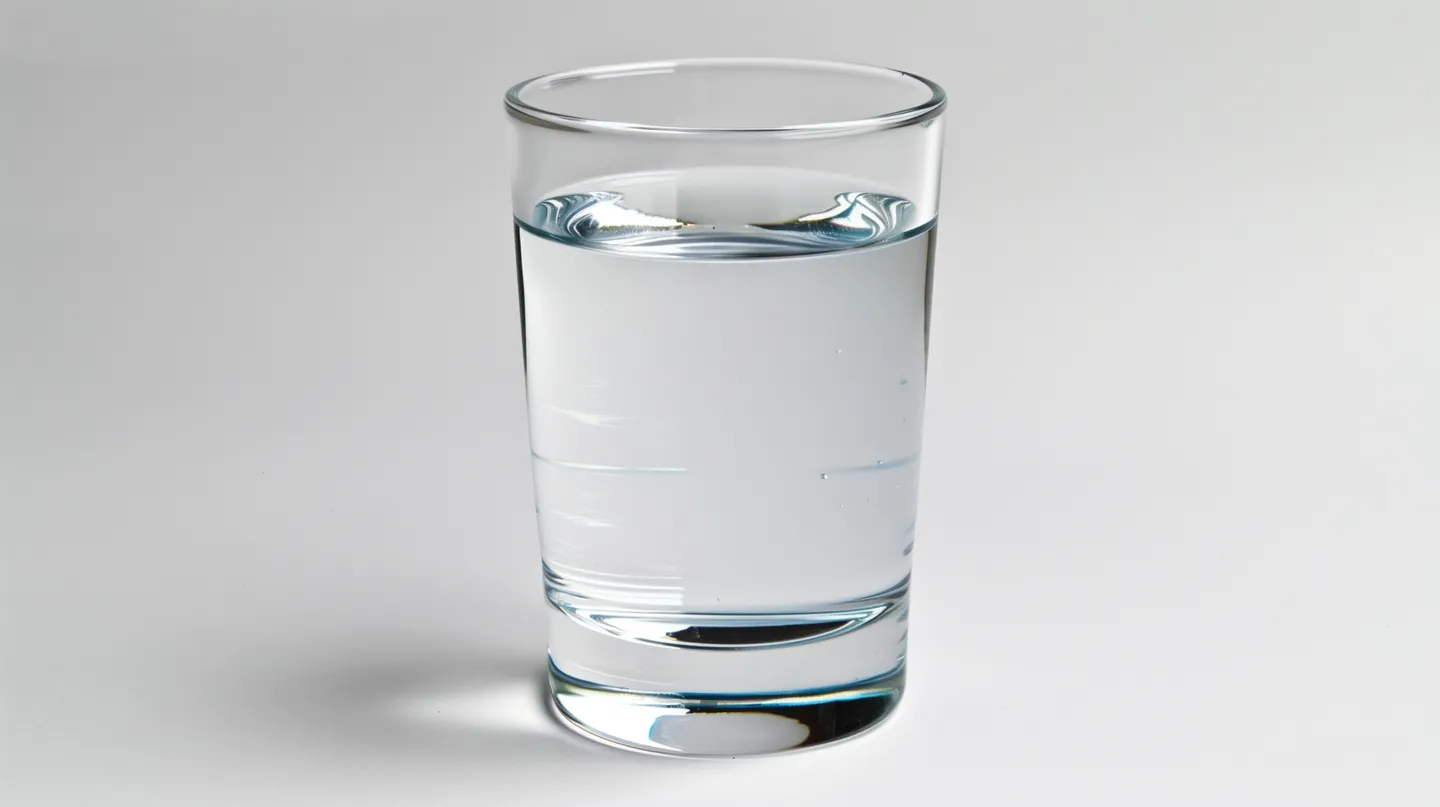Water equilibrium is an essential notion with profound implications for both our health and the environment's stability. This principle relates to the fine balance between the intake and discharge of water within any given system, such as the human organism, local biomes, or the Earth in its entirety. Grasping and upholding this equilibrium is pivotal for life preservation, enhancing wellness, and safeguarding our environmental assets.
The Significance of Water Equilibrium

Water, the crux of existence, forms approximately 60% of the human body. Ensuring a balanced water level within ourselves is imperative for maintaining prime health conditions. Here are the reasons water equilibrium holds paramount importance:
- Temperature Regulation: Through sweating and breathing, water assists in controlling our body's heat, enabling efficient cooling and shielding us from heat-induced ailments.
- Metabolic Functionality: Water is integral to digestion, nutrient absorption, and the conveyance of nourishment. Staying well-hydrated facilitates food processing and waste expulsion.
- Brain Function: A lack of hydration can hamper focus, vigilance, and memory retention. A balanced water level is crucial for superior cognitive operations and mental acuity.
- Lubrication of Joints: Water serves as a lubricant, ensuring joints move smoothly and with minimal friction, thus warding off discomfort and potential damage.
- Skin Vitality: Keeping hydrated is vital for skin health, aiding in maintaining its moisture, elasticity, and preventing dryness and signs of aging.
- Detoxification: Water is pivotal in eliminating toxins and waste through urination, perspiration, and bowel movements, promoting efficient detox processes.
- Organ Health: Essential organs depend on adequate hydration for optimal functionality, aiding in nutrient delivery, electrolyte stability, and blood pressure regulation.
- Exercise Efficacy: Proper hydration is crucial for peak physical performance and recovery, with dehydration affecting endurance, power, and coordination.
- Avoidance of Health Issues: Persistent dehydration may lead to serious health concerns like kidney stones, urinary infections, constipation, and in severe cases, renal damage and heatstroke.
- General Well-being: A proper water level is foundational to our overall health, enhancing energy levels and promoting a sense of well-being.
Guidelines for Achieving Water Equilibrium

To secure proper hydration and optimal water balance, consider the following strategies:
- Consistent Water Consumption: Strive for at least 8-10 glasses of water daily, adjusting based on physical activity and climate conditions.
- Urine Color as an Indicator: Use the color of your urine as a hydration gauge; a light yellow shade suggests adequate hydration, whereas darker tones may indicate dehydration.
- Intake of Water-Rich Foods: Incorporate fruits and vegetables like cucumbers, melons, oranges, and celery, known for their high water content.
- Moderation of Diuretic Drinks: Reduce intake of alcohol, caffeine, and sugary beverages that can dehydrate.
- Preemptive Hydration: Drink water regularly, not just when thirsty, to avoid dehydration.
- Use Technology for Reminders: Leverage apps or alarms as reminders to hydrate, especially if you often forget.
- Hydration Around Physical Activity: Ensure you drink water before, during, and after workouts to replenish lost fluids.
- Adapt to the Environment: Increase your water intake in response to hot weather, high altitudes, or arid conditions.
- Always Have Water Accessible: Carry a reusable water bottle to make it easy to drink water throughout your day.
- Heed Your Body's Signals: Stay alert to signs of dehydration, such as thirst, dry mouth, tiredness, and lightheadedness, and respond by drinking more water.
Navigating Challenges with Innovative Solutions
Facing challenges is a part of life's journey, offering opportunities for innovation and growth. From environmental concerns like climate change to personal well-being, challenges prompt us to seek creative solutions. Embracing sustainable practices, community support, and awareness initiatives are steps towards overcoming these hurdles. With a collective will and creativity, we can turn obstacles into avenues for improvement and advancement, ensuring a resilient and prosperous future.
Wrapping Up

To sum up, water equilibrium is a linchpin in the realm of personal health and the sustainability of our planet. It highlights the complex interplay between our physiological needs, the environments we dwell in, and the overarching global ecosystem. By prioritizing hydration, endorsing conservation efforts, and devising strategies to face challenges like climatic shifts and resource scarcity head-on, we protect this crucial balance. Upholding water equilibrium transcends individual health, embodying our collective responsibility towards the planet's well-being. Through informed decisions and united actions, we pave the way for a sustainable, healthful future for all.










